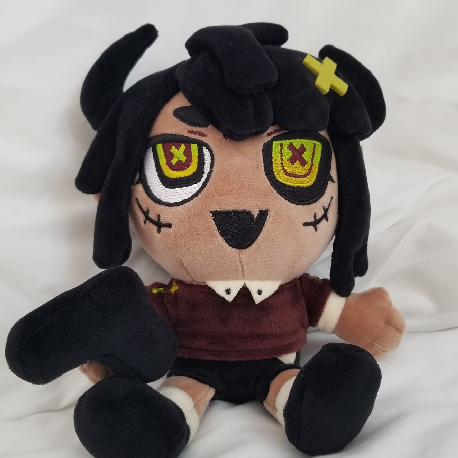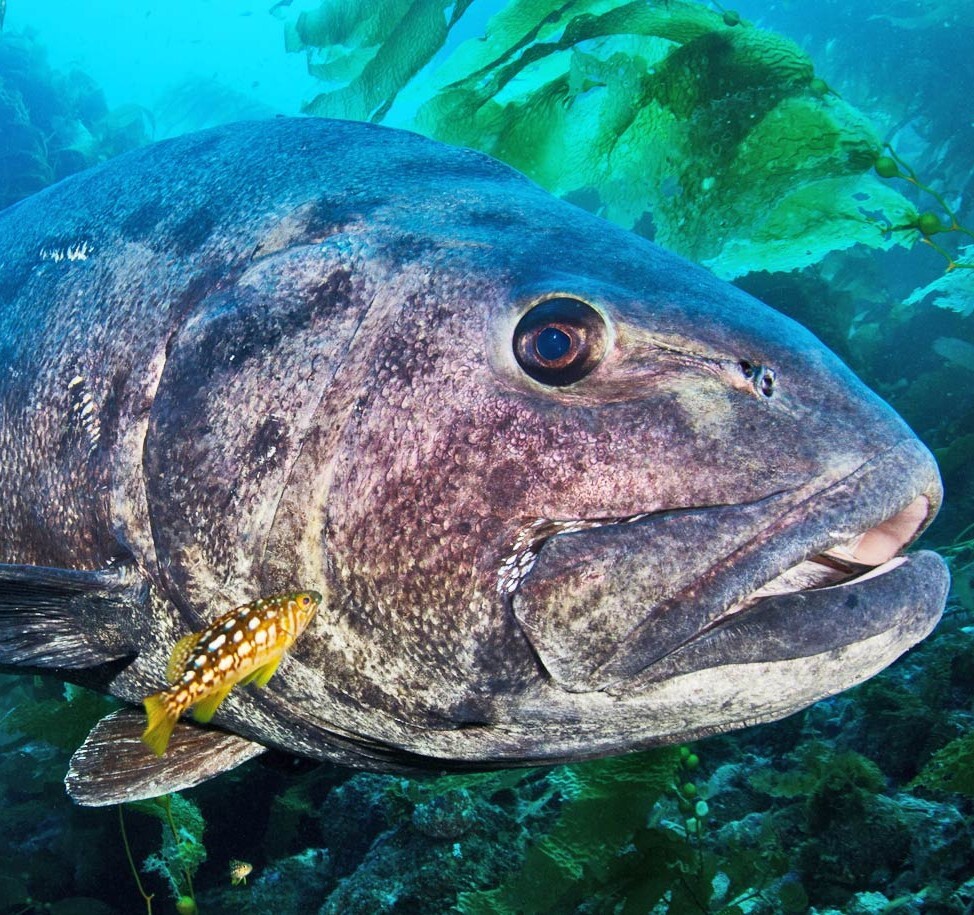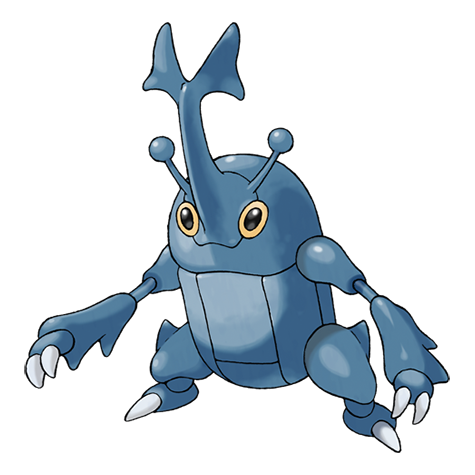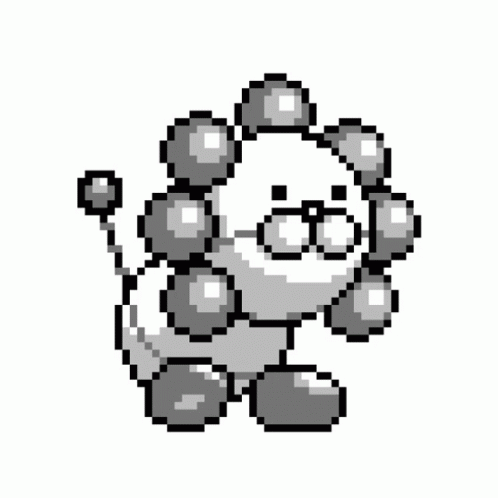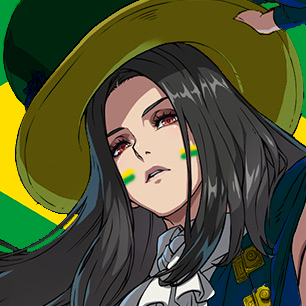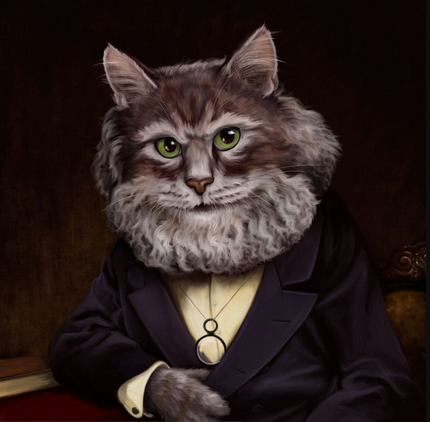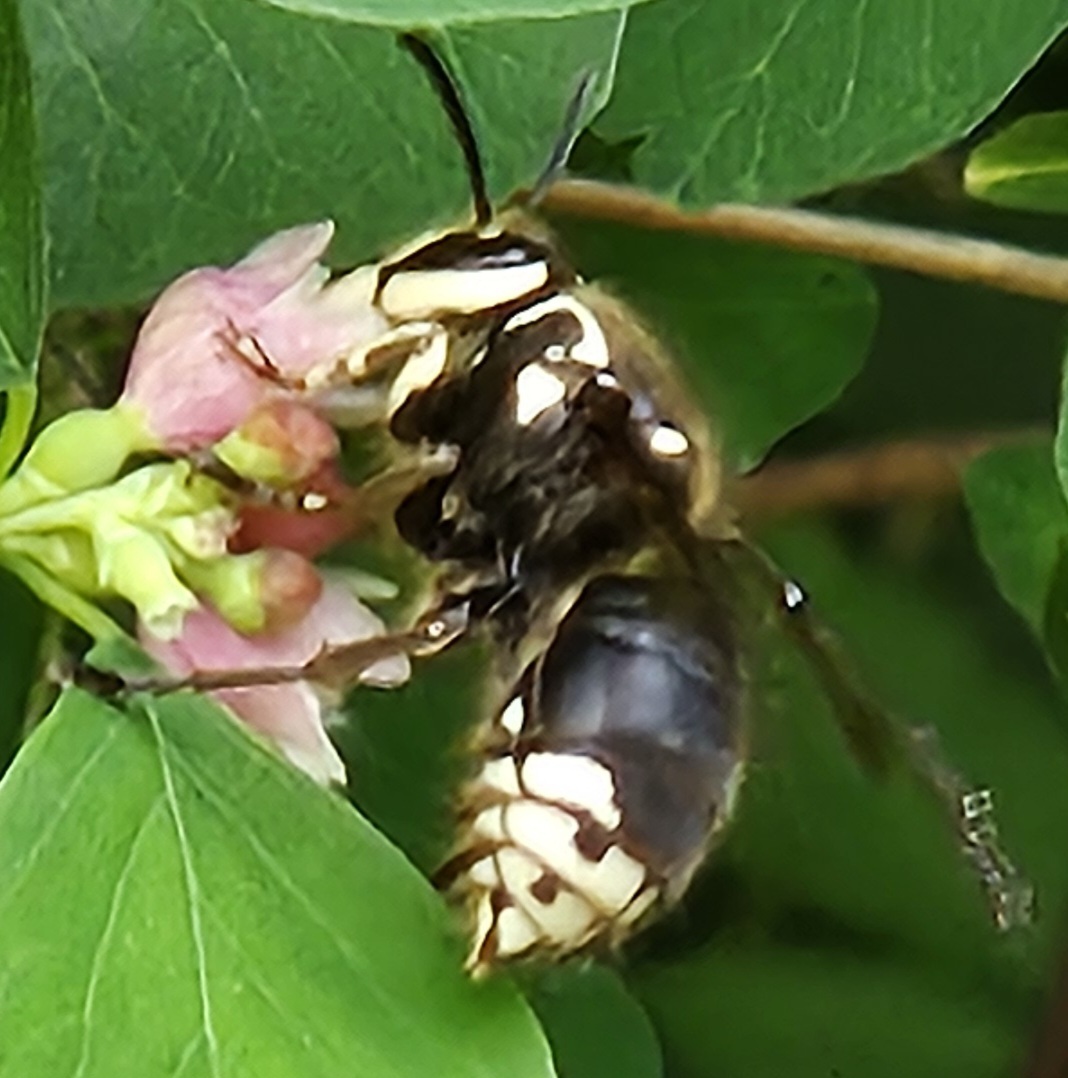WHERE TO GET THE BOOK: http://libgen.is/book/index.php?md5=F6B31A8DAFD6BD39A5986833E66293E6
Audiobook format (expires 1/27): https://litter.catbox.moe/l3298q.m4b
So, this post will be “Introduction” in the sense that it will introduce us all to the book club and the book, and we will also be covering the introduction. The emotional content is pretty heavy; as such I figured it deserved its own discussion. It’s not especially long, but it covers Dr. Price’s journey into accepting his autism, and if you’re on the spectrum or even just neurodivergent in general you’ll probably strongly relate to a lot of what he lays down here. You, like me, may read this chapter and find yourself thinking he’s literally me, he just like me, he just like me fr ong no cap 
Dr. Price is a transgender social psychologist born in Ohio, who graduated from Loyola University Chicago where he teaches as a professor in continuing studies. He wrote and published Laziness Does Not Exist before this one, and it’s also worth a read. In this book, Dr. Price also discusses his gender identity and how there’s a very high incidence of gender non-conformity amongst neurodiverse people. So in addition to folks with ADHD and autism, or those with other neurodiversities, it can also benefit LGBT+ folks who have to cover up their true selves for safety or social acceptance.
I plan on making another post about chapter one on Sunday or Monday of next week, depending on whether I can make time, and then one post about each chapter every week or every other week depending on what people’s feedback is.
In the intro, Dr. Price discusses his personal and emotional problems, social isolation, autistic self-discovery and research, entry into the autism self-advocacy community, and official diagnosis. He discusses how people who don’t fit the stereotype of autism are often neglected by medical professionals. How this neglect harms neurodiverse people of all stripes, and how unmasking can be a key to a full, authentic life. (Here’s hoping.)
He describes unmasking as a frightning and, indeed, potentially dangerous prospect, but provides tools throughout for approaching the process and beginning to know yourself, find where the mask ends and you begin, and believe that the person underneath is worth knowing in the first place.
First, discussion questions:
- What interested you in this book club?
- Are you neurodiverse? Do you know someone who is?
- What stood out to you about the introduction? Any choice quotes? Anything you relate to?
He ends with an exercise called the Values-Based Integration Process, which we’ll go over below.
VALUES-BASED INTEGRATION PROCESS (by Heather R Morgan) STEP ONE
"Think of five moments in your life where you felt like you were FULLY ALIVE. Try to find moments throughout your life (childhood, adolescence, adulthood, school, work, vacation, hobbies)
Some of the moments might leave you with a sense of awe and wonder – ‘Wow, if all of life was like that, it would be amazing!’
Some of the moments might leave you feeling deeply recharged and ready to face the next challenge, or satisfied and fulfilled."
The books says to write it down in as much detail as possible, but I don’t actually expect anyone to post all that stuff here. Just a personal exercise to get the juices flowing. I’ll post some of my own personal thoughts in a comment below.
CARCOSA@hexbear.net , I was asked to tag you for a sticky on this. I think a few mods are in my tag list as well if you can’t get to it.
The following folks asked to be tagged:
- ReadFanon@hexbear.net
- Othello@hexbear.net
- Wertheimer@hexbear.net
- roux@hexbear.net
- voight@hexbear.net
- LarsAdultsen@hexbear.net
- BreadMaster5000@hexbear.net
- NoLeftLeftWhereILive@hexbear.net
- Pluto@hexbear.net
- PointAndClique@hexbear.net
- Jobasha@hexbear.net
- FodlegBob@hexbear.net
- Magician@hexbear.net
- ByteFoolish@hexbear.net
- YearOfTheCommieDesktop@hexbear.net
- Orannis62@hexbear.net
- homhom9000@hexbear.net
- the_itsb@hexbear.net
- optissima@lemmy.ml
- AdmiralDoohickey@lemmygrad.ml
- AlbigensianGhoul@lemmygrad.ml
What interested you in this book club?
I have Autism myself and being able to better understand the condition will definetly help me a lot.
Are you neurodiverse? Do you know someone who is?
as I previously said yep, and pretty much everyone in my life is. my parents aren’t diagnosed but at least one of them does have something going on
What stood out to you about the introduction? Any choice quotes? Anything you relate to?
There were some anecdotes I highlighted, as I share in some of the traits mentioned, and I want to try and untangle them and see how exactly they apply to me. For instance, I got into a really bad abusive, codependent relationship as a result of my fawning and people-pleasing instincts. I’m still pretty deep in a metaphorical pit myself from my own disabilities with ADHD and to another extent autism. It’s pretty miserable and feels like it can’t be ‘fixed’ or mitigated sometimes, but I really want to be able to, so that’s what I’m interested in looking at.
Also please add me to the tag list :)
Does the Audiobook format work? Currently pointing at a 404.
Here’s the introduction:
I have reuploaded the audiobook here:
https://litter.catbox.moe/5l45c0.m4b
This will expire in 72 hours after this comment has been posted as per last time due to the catbox limitations.
my bad, I missed that detail when I was putting this together. Seems I made a few typos, too, I can fix those as well. Thanks.
LEGEND
thanks friend

From @ReadFanon@hexbear.net 6 days ago:
This file link will expire 72 hours after this comment has been posted.
When I posted offering some audible credits (still have a couple btw, doesn’t need to be this book, idgaf), someone mentioned it was available on anonymouse(?), but idk what that is
I’ll try to find the comment
Edit - no 😂 it was “myanonamouse” - guess I was still kinda in the ballpark - here’s the comment
Piracy website for books and audiobooks. here. It’s a private tracker but they accept piracy noobs, so long as you obey the rules. It has a ton of good audiobooks, even if it also has a ton of horrible ones too.
What interested you in this book club? Are you neurodiverse? Do you know someone who is?
There was a time when I questioned whether I was ND, but I ruled it out based on online assessment tests. Also, a therapist dismissed the idea without any questionnaire or deep discussion on the matter, saying it was more likely that some social stuff I struggle with were because of childhood issues.
I have some ND friends, I relate to some of their experiences but not all. When I hang out with NTs, I can’t tell if I’m not having a good time because of nd/nt mismatch or because I’ve yet to meet compatible NTs.
What stood out to you about the introduction?
The mention that masked autism flies under the radar on some diagnostic tests.
Please tag me for the next meetings.
Is anyone else ready for Chapter 1? I was sort of looking forward to Hexbear reading this
call me out why don’t you

What interested you in this book club?
I initially stumbled upon a thread on here where this book was recommended and I felt like it described the missing pieces to the puzzle of understanding myself. I have read through the book already and I’d like to read your experiences, as well as to share mine. I’d like to learn to unmask, to be myself, to accept myself as I am, to be compassionate with myself and to find happiness in all of this.
Are you neurodiverse? Do you know someone who is?
I am pretty sure that I have ASD. I score pretty high on the different tests that were posted on the other threads. The waitings lists are pretty long to get diagnosed where I am but I should get it sorted next year. Most of my friends have ADHD, I am usually the one that gives them structure and we balance out.
What stood out to you about the introduction? Any choice quotes? Anything you relate to?
I believed something was fundamentally wrong with me. I seemed to be broken in ways I couldn’t explain, but which everyone else could see at a glance. I spent several more years languishing like this, working myself to the point of burnout, having emotional breakdowns, relying on romantic partners for social contact and a sense of worthiness, and googling things like “how to make friends” in the middle of the night. Through it all, I never considered asking for help or sharing with anyone how I felt. I lived by a very narrow set of rules, and remaining independent and invulnerable was chief among them.
Many of these stealthily Autistic people fell back on their intellect or other talents to gain acceptance. Others became incredibly passive, because if they toned down their personalities, they wouldn’t have to risk being too “intense.” Beneath the inoffensive, professional veneers they had developed, their lives were falling apart. Many of them suffered from self-harm, eating disorders, and alcoholism. They were trapped in abusive or unfulfilling relationships, with no clue how to feel seen and appreciated. Nearly all of them were depressed, haunted by a profound sense of emptiness. Their entire lives had been shaped by mistrust in themselves, hatred of their bodies, and fear of their desires.
I’d have a couple more, but the ones that hit me the most were in the next chapters. Thank you for organizing this!
What interested you in this book club?
Diagnosed as autistic ten years ago.
Are you neurodiverse? Do you know someone who is?
Autism, bipolar I, C-PTSD
What stood out to you about the introduction? Any choice quotes? Anything you relate to?
The history of abusive/deeply unfufilling relationships.
What interested you in this book club?
I’ve been on a reading and listening (audiobook) binge for months now, and have never read a book about autism that satisfied me. Since I saw a description of this book and played it for like 1 minute I can’t stop listening to chapters of it on repeat.
Are you neurodiverse? Do you know someone who is?
Yes, I’m Autistic with a dash of ADHD. Been aware since I was a child. I’ve also basically only truly mingled with other Autistic or neurodiverse people, and I’m pretty sure I could try to interpret some family members as such too, but we hardly ever get in touch these days.
What stood out to you about the introduction? Any choice quotes? Anything you relate to?
I was very pleasantly surprised that the author tackled the question of how race, gender, sexuality and class affect one’s Autistic experience and behaviour. I’ve always been annoyed at this stereotype I’ve always called “white autism” of privileged kids who used their diagnosis as a justification to be horrible people. Since “Asperger’s Syndrome” is now a discredited term (because people remembered he was a Nazi collaborator), it has become another insult of choice among my groups.
Other than that, the generally hopeful tone caught my eye. I have dealt with Anhedonia for most of my adult life, and generally feel like I don’t even mask that much and have never associated it with being Autistic. But now, listening to this random person who never met me just casually list a ton of stuff that I went through as “common things”, I’m paying attention.
The exercise for this chapter feels weird to me. There are some moments where I’ve “felt alive” in a sense, but they’re usually incredibly unhealthy moments, either related to gaming addiction or dumb experimentations with my body and metabolism. I’m not sure if these are things I should be encouraging.
Though playing 500 hours of “Fire Emblem: Three Houses” during the pandemic definitely made me realise I’m an actual history nerd and should read more history. So I guess something good came out of that one addiction there.
This book has already changed, and may have saved, my life. Since I made my previous post about it I’ve consulted two of my oldest friends - one just finished reading, the other is now starting - and they agree that I’m probably Autistic, even though they say it had never occurred to them before. All three of us had serious misconceptions about what Autism is, and this book has been profoundly illuminating for all of us.
What interested you in this book club?
It was @Pixel_Juicer@hexbear.net 's post here that really started not only clearing up some misconceptions but also ringing some bells. And then other posts, especially from @FourteenEyes@hexbear.net and @ReadFanon@hexbear.net , pointed me toward Unmasking Autism in particular. And here I thought the first Hexbear-approved book I was going to read this year was Clara Mattei’s The Capital Order.
Are you neurodiverse? Do you know someone who is?
Yes - I have severe migraines, which are not only neurological but have also caused enough other problems that I think they qualify as neurodiversity. I also have depression. And lately I’ve been having serious trouble dealing with the neurotypicals, which is why I started having more questions and reading threads like this one, so I hope that anyone else reading this who has trouble understanding why their life is the way it is will also read this book.
What stood out to you about the introduction? Any choice quotes? Anything you relate to?
In the introduction, the line that hooked me was “I seemed to be broken in ways I couldn’t explain, but which everyone else could see at a glance.”
For the full book, the most important thing for me was the discussion of autistic burnout. That rang more bells than Quasimodo, and figuring out how to better avoid it (and the ensuing migraine clusters that absolutely annihilate me) is why I think my life is about to seriously change for the better. (Might get worse, first, but.) Comrades, I don’t know that I have ever felt hope like this before. Thank you, thank you, thank you to everyone here.
Ty for the tag. I didn’t get a notification for it I’m not sure why but I saw the post so all good.
What interested you in this book club?
There are many autistic comrades on hexbear so I want to learn more about it.Are you neurodiverse? Do you know someone who is?
I don’t think so? I don’t know to be honest. There are things in the introduction I related to and others I didn’t (apologies for jumping ahead on a question, I felt it was better to answer it here). I don’t think I’m autistic though. I have colleagues I believe are neurodiverse and people I interact with through work and volunteering.What stood out to you about the introduction? Any choice quotes? Anything you relate to?
I don’t know when the introduction ended, I’m listening to the audiobook and got to about an hour in, so I hope I’m not covering ground for the next chapter. I liked that Price is narrating it himself (right? Or did I get that wrong). No quotes stood out to me. I think I’m gunna hold back from commenting too much until I’ve listened a bit more?Oh actually, shout out in the intro to Hannah Gadsby great comedian worth checking out.
So, my thoughts. CW: suicidal ideation, self-harm, child SA, trauma, really fucking dark depressing thoughts on display.
spoiler
People appreciated my honesty and vulnerability in the The Will to Change thread, so I figured why not wring out my soul in front of a bunch of strangers on the communist anti-Reddit?
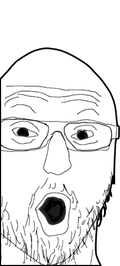

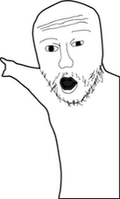
My background is pretty bland and depressing. I’m 37 years old, diagnosed ADHD, clinically depressed (as in major depressive disorder), anxiety. Self-diagnosed autistic after reading this book and realizing that yeah, every facet of my outward self is designed to placate people around me, to fit social expectations, and to try and minimize attention to myself because I associate getting attention with humiliation and shame.
I’ve always been a weirdo. I’ve made no secret of that here. Social problems fitting in as a child. Incredibly smart from a young age, they tell me. I taught myself to read at age 2, I’m told. I later learned that’s sometimes called “hyperlexia” and is strongly indicated with autism. I don’t recall doing the “classic” autism things as a kid like lining up my toys instead of playing with them, but I absolutely preferred to be by myself and had trouble relating with other kids. I was bullied from a young age, always had trouble making friends my entire life. I’ve always felt ostracized, humiliated by my peers more than anything else, unable to relate. I learned I had ADHD at a young age, around 8, and they threw some Ritalin at it and called it a day. Didn’t start actually understanding what ADHD is until the last few years, like post-pandemic, when I started really researching it in earnest and finding out a bunch of things that I was always made to feel were personal flaws that made me a shitty, childish person were in fact documented symptoms of ADHD that I didn’t understand. When I read the breakdown of what “executive function” is I cried for a long time. Finally, one of my worst demons had a name. It wasn’t some shitty thing about me born of cowardice and worthlessness, it was my goddamn brain being weird and not working right, and me not understanding how to work with it. From there, I learned the names of other demons that have tormented me my entire life. Alexithymia. Rejection sensitive dysphoria. Sensory overload. Burnout. Emotional dysregulation. So many things that I’d never been told about and had no idea how to deal with. A place to start. I sought out an ADHD specialist to deal with it, and the anxiety and depression that came along with it.
I’ve been suicidal since I was 15, in and out of therapy since I was 16. What I mean by “suicidal” is that I think about suicide near-constantly. Most of the time nowadays I’m inured to it, it’s like wallpaper, it’s like “haha oh brain when will you learn that splattering yourself all over the wall is not the answer, now let’s get in the shower to get ready for our job we hate.” I used to cut myself when I was under a lot of stress at a grocery deli job when I was 19. I’ve had a loaded shotgun in my mouth, both hammers cocked. I fantasize about putting my head out the window on the freeway, rubbing it down like an eraser on the center concrete divider, yanking my head off and rolling it down the street like a bowling ball, being impaled by a piece of falling satellite debris, anything to keep it a ridiculous fantasy and not a practical way out of my unending pain. And I do mean pain. Chronic pain from flat feet and a fucked up knee and back and neck issues. Emotional pain from long-term social isolation, very few friends at any point in my life, zero romantic/sexual success despite tons of effort and varying approaches and “working on myself” for decades like everyone told me to with no results. I’m not a virgin, if it matters; I don’t think it really does anymore. Favor arranged by a friend. Disappointing for a variety of reasons but… I digress. The real pain is never having been in a relationship, wondering just what the fuck is wrong with me, and learning to hate myself for this and a great number of other reasons over the years, never really knowing the root of my suffering. I really have felt worthless. Useless. I’ve internally compared myself to toilet paper: something that you keep around because you can use it, then you throw it away. Detestable otherwise. I’ve felt like it’s a certainty I’ll die alone never knowing a true friend, never feeling love. Never making anything of myself. Jumping from shit job to shit job, picking up non-transferable skills like knowing a lot about cameras in 2009, how video games are tested, how to make sausage, how to clean an industrial rotisserie grill and dump the chicken grease out of it, and the latest: how to fill out DMV paperwork for California in highly specific circumstances. Never feeling like I was worth much. Always feeling like my emotions were at best an inconvenience to others, that my interests were stupid and lame, and that I was always going to be a weirdo who makes everyone else uncomfortable so I should just hide myself away from the world, or remove myself from it entirely as a matter of moral duty.
I’ve had a lot of trauma in my life, some of which I’ve only recently come to terms with. When I was 6 I was inappropriately touched by another boy maybe a year older than me on a playdate, for instance. I felt like it was shameful and dirty, given my Catholic upbringing, and felt like it “didn’t count” since I didn’t resist, didn’t really understand what was happening, and the perpetrator was, indeed, another boy around my age and not an adult. Just some touching, that’s all. But the shame and guilt and fear I had associated with it festered in me for years, and it wasn’t until I was reading The Body Keeps the Score last year and figured out that dwelling on this memory triggered panic symptoms in me that I said “hey maybe it does count” and talked to my therapist about it. I explored other threads of trauma in my past as well, realizing that yeah, it did fuck me up to have almost no friends, to never fit in, to be convinced I was inherently evil by a church that was at that time covering up mass child molestation. That’s trauma. That’s real. My fucking brain and body are telling me so. I also started taking seriously the notion that I had autism, like really focusing on it instead of letting be a stray thread of thought that I kept dismissing even though it kept surfacing like a DUNE sandworm sensing a plot development about to happen.
So what convinces me is that I get deeply upset by bright lights and chaotic overlapping voices, and just figured these were just annoyances everyone had to deal with, more or less, and pushed it all down. All of my social problems I attributed to just not paying attention and being “socially r-----ed” as I so eloquently put it as a younger man. I just thought I was cringey, and just dumb to not pay attention. I began to worry I was a sociopath or psychopath because of my “lack of empathy,” since I had a hard time understanding why people feel the way they feel in the moment, needing to think about it later on to understand. As I explored the notion of being autistic – or rather, AuDHD, which I say as “A U D H D” because “Audi HD” sounds like a European luxury sedan – and relating very directly to more and more things people have posted both here and elsewhere on social media, directly labeling the thing I relate to as autism, an autistic thing that autistic autists diagnosed with autism by autism specialists do, and learned how a professional diagnosis can cost $2000 and often isn’t covered by insurance if you’re an adult, suddenly the notion that I’m autistic didn’t sound so fucking crazy anymore.
So I stumbled on this book while looking for books on the tism, and looked up the author to make sure they weren’t a quack. Lo and behold, I see his name loosely associated with Jessica McCabe, the How to ADHD girl, who has never steered me wrong on resources before. So I read this book, cried as I read through damn near every chapter, talked about it with my therapist again, who agreed that yeah, it’s expensive as fuck to get assessed and probably not worth it in my circumstances, and instead steered me to some self-diagnostic tools that, as usual, all pinged me as autistic as fuck. The top-rated one (for accuracy, if you knew how to read it and interpret it, as far as separating the normies from the autistics [cool people
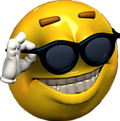 ] goes) was the RAADS-R. The threshold for “autistic as fuck” is 160, I got a 165 on it. So, yeah, probably. Won’t change much in how I treat it with regards to therapy and whatnot, but in terms of how I understand and interpret myself and my needs? Groundbreaking. Very much needed.
] goes) was the RAADS-R. The threshold for “autistic as fuck” is 160, I got a 165 on it. So, yeah, probably. Won’t change much in how I treat it with regards to therapy and whatnot, but in terms of how I understand and interpret myself and my needs? Groundbreaking. Very much needed.And so I saw the Bell Hooks threads and thought, fuck it, why not? I mentioned it, people said they were all for it, they started making threads in anticipation of it, and I thought, it helped me a lot, and it can continue to help me to come back to it and read it again. Why not do it with one of the most principled, accepting, and supportive communities I’ve ever encountered? Someone here could benefit. Maybe I could actually make a positive impact on someone else’s life after all.
I wish I could have written this sooner, specially now that you already made the next post, but I only really got the energy to do it now. I just wanted to say that you’re extremely brave for sharing all of this here, I really mean it. To be able to expose yourself to other people like that is something I can only dream of being able to do one day. It’s inspiring really.
I was bullied from a young age, always had trouble making friends my entire life. I’ve always felt ostracized, humiliated by my peers more than anything else, unable to relate.
Hell, this passage is basically my life, my childhood and my traumas. And it’s tough, that much I know, specially being lonely.
It was difficult to read it all, both because I relate to some parts of it, and because It’s fucked up that you had and still has to go through all of this.
I hope everything gets better for you comrade, despite this capitalistic hellscape we live in, we all deserve to live, to be happy and to be loved.
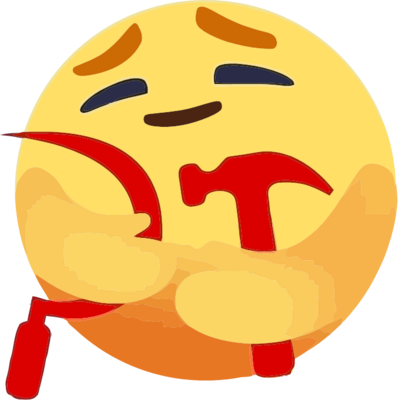
If you have the time and is interested in, take a look at this video (from the little I tested, the english auto subtitles are good enough). It’s about a recent ASD diagnosis of a brazilian comrade and him talking about his life. Despite so many different things, I never related so much and never felt so seen than with this video, I could barely hold myself together by the end of the video, and given what you wrote here, you might relate to it even more than I did.
Sorry for the long time since my first comment here, only found the energy to tackle this right now.
I have one question tho. I never really participated in any sort of book club before. Is this basically just a post a week discussing a chapter at a time and we just comment about it in each thread, or is this something different?
Now for the discussion questions:
What interested you in this book club?
Even before I was diagnosed as autistic a little less than a year ago, I was already searching about it like crazy, and one of the biggest recommendations I found was this book, but I never got around to reading it.
Are you neurodiverse? Do you know someone who is?
Like I said above, yeah I’m autistic. I do know at least one other person that is a diagnosed neurodivergent, in his case he’s bipolar. There’s probably other people around me that might be neurodivergent too, but no other actual diagnosed people. I don’t think there’s anyone else in my family that is also autistic tho, I might be the only one, makes me feel kinda lonely actually.
What stood out to you about the introduction? Any choice quotes? Anything you relate to?
I haven’t read the introduction yet since I just downloaded the book and it’s very late here, I’ll edit this tomorrow and put my thoughts about it. (Also, I was confused for a bit and thought this question was about this post as an introduction, not the introduction of the book, lol. Had to take a look what others were writing to realize that cuz I didn’t get the question.)Well, aside from the “he’s literally me, he just like me, he just like me fr ong no cap” from 90% of the introduction lol, these quotes just describe me:
I believed something was fundamentally wrong with me. I seemed to be broken in ways I couldn’t explain, but which everyone else could see at a glance.
After being mocked about our passions, we become secretive about our special interests.
To other people, my tears were immature tantrums and my opinions were condescending diatribes. As I grew up, I learned to be less intense, less embarrassing - less me.
I couldn’t describe myself better. Years and years of non-stop bullying followed by my loud crying everyday of my life during childhood and being constantly mocked for the things I liked, all while feeling broken, feeling angry at the other kids, feeling like I didn’t belong and that I was an alien, couldn’t result in anything other than a mess of an adult that is still traumatized to this day. 🫠
Good thing I’m in therapy at least.
Also, add me to the tag list if you can, please.
What interested you in this book club?
I’m an autistic person who is maybe dying of terminally wretched masking but is terrified of unmasking
Are you neurodiverse? Do you know someone who is?
I’m AuDHD and so are my husband and kid, though unfortunately I still feel wildly alone because they’re the same flavor of neurospicy as each other but very different from me
What stood out to you about the introduction? Any choice quotes? Anything you relate to?
The whole thing made me feel pretty deer-in-the-headlights - oh fuck, oh shit
reflecting on a moment you felt truly alive
Once upon a time, I went on a white water rafting trip in the New River Gorge as a small child, and we stopped at this weird bricked drainage grotto thing that felt very Indiana Jones-y to me, and most of the adults were scared to get out of the raft and swim into the grotto to the little waterfall in the back, but I was out of the boat the second they said we could. It was mysterious and wonderful and weird and exciting.
Most of the other “super alive” memories I have involve some degree of trauma, but this one was all joy and exhilaration.
PS - hey FourteenEyes@hexbear.net - I super appreciate you doing this. I know this is hard and has been a weight for you, and I just want you to know that I’m very, very grateful for your efforts. Thank you. ❤️
reflecting on a moment you felt truly alive
Once upon a time, I went on a white water rafting trip in the New River Gorge as a small child, and we stopped at this weird bricked drainage grotto thing that felt very Indiana Jones-y to me, and most of the adults were scared to get out of the raft and swim into the grotto to the little waterfall in the back, but I was out of the boat the second they said we could. It was mysterious and wonderful and weird and exciting.
What a lovely experience. Thanks for sharing ☺️
What interested you in this book club? Are you neurodiverse? Do you know someone who is? I finally pursued an adhd diagnosis after 30+ years of coping and depression after being raised by parents too anxious about the stigma of neurodivergence to pursue a diagnosis (just put me in advanced classes instead). My partner and I are both shades of partly diagnosed spicy, adhd and major depression are mine and she has a “highly sensitive introvert personality” with anxiety. We’ve been tugging at threads in our tangled brains to try and figure out what’s up. We’re both fairly successful in our fields through masking, coping, and misery, and want to be advocates such that no one else needs to feel anything besides pride and an embrace of their neurodiversity. Hoping the perspectives of this book will be transformative in the way that Trans Liberation was the first time I read it. A better future is coming for all of us.
What stood out to you about the introduction? Any choice quotes? Anything you relate to? Will download tonight and dive in and check back in to the thread.
Ps this com has already done wonders for my understanding of neurodiversity, embrace of my own and that of others, and you’re all wonderful people who deserve nothing but the best from life
We’ve been tugging at threads in our tangled brains to try and figure out what’s up.
Me and my wife are working through this right now. We are also both various degrees of spicy. One thing I think that has helped is to maintain an open channel of communication that is specific to just the ND stuff as y’all figure things out. We’ve been doing this for like 15 mins here and there and it’s helped both of us understand each other’s plight.
Like, communication with your SO is pretty paramount but having a lane open just for the neuro-chaotic has been a great tool.
What interested you in this book club?
I have read through this book a couple of times and I think it’s really valuable. It’s a bit flawed imo and I hope that in a few years time we’ll see a revised edition come out to bring it up to speed with a couple of things but 90% good is still really good, even moreso when we’re talking about stuff that there’s almost nothing having been written about.
Don’t ask me about my criticisms of the book because I don’t want to prime people to dislike this book and I don’t want to shit on the experience for others or to drag the book club experience down. Maybe when the book club comes to a conclusion it might be time to reflect on where the book could be improved.
I’m also interested in this book club because I volunteered to share my experience - I participated in training developed and delivered by Heather Morgan that formed the basis of the unmasking exercises and it cost a fair chunk of change and the rest of the group I was with were all… sorta petit-bourgeois life coach types and I just know that to get access to this stuff otherwise, people would be looking at having to start as a client with a life coach and that shit costs like $100+ per session.
That doesn’t really sit well with me and I know that it puts this expertise out of reach for a lot of people here. I’ve railed against how fucked it is that neurodivergent people are generally higher represented in unemployment and underemployment, they are likely to be underpaid for their work, and they tend to have higher costs for things like therapy, medication, and accessibility (think like needing a house cleaner or having to order food delivered because executive dysfunction has you in its claws and you need to eat but the idea of trying to cook something might as well be climbing mount Everest or just having to catch a taxi because the ADHD tax made you run late for work and you’re better off paying the taxi fare than you are getting fired…)
The inequity of putting this stuff behind an inaccessible paywall isn’t something I find tolerable. Don’t get me wrong, people like Devon Price and Heather Morgan deserve to be paid for their work but the inherent injustice of the care system and the economic system underpinning it puts the expertise out of reach of most people who aren’t at least comfortably “middle class” and it makes me feel indignation to know that the people who would likely benefit the most from this stuff are the ones who are also the most likely to be excluded from it.
I can’t change the way that it is but I can do my part to democratise this expertise.
Are you neurodiverse? Do you know someone who is?
Yep. I’m autistic with ADHD, late-diagnosed, and enough of the “other” neurodivergence that tends to be a bit of an afterthought in comparison to autism and ADHD too.
As for others? Lol. Where to start… there are quite a few neurodivergent people I know, despite having a limited social circle at the moment. I’ve been the catalyst for more than a couple of people to go and get themselves diagnosed but I promise that I was very gentle in this process with people - I know that late-diagnosis can be one hell of a bumpy ride and I wouldn’t go throwing someone else into the deep end with that, regardless of how obvious their neurodivergence might be to me.
What stood out to you about the introduction? Any choice quotes? Anything you relate to?
Honestly I haven’t started re-reading the book just yet (😬) because I struggle so damn much with reading especially at the moment.
I’m participating in this because I want to contribute to the momentum of the reading group and to show my support.
Is this book going to make me cry?
Yes
It did for me.

